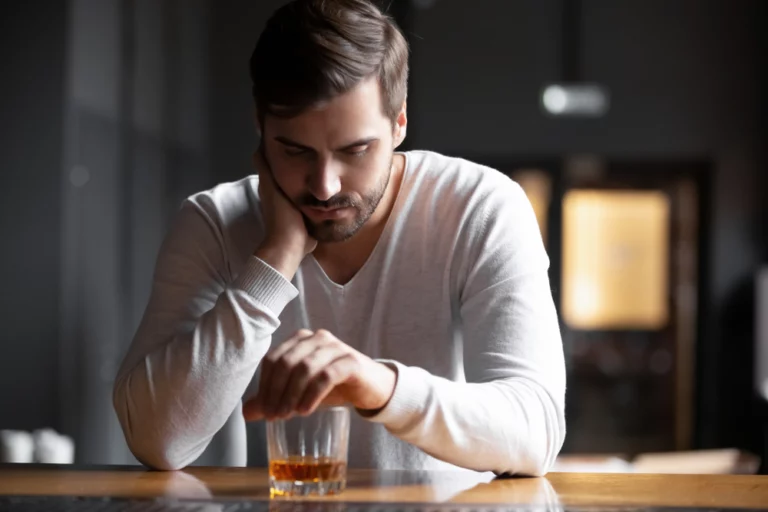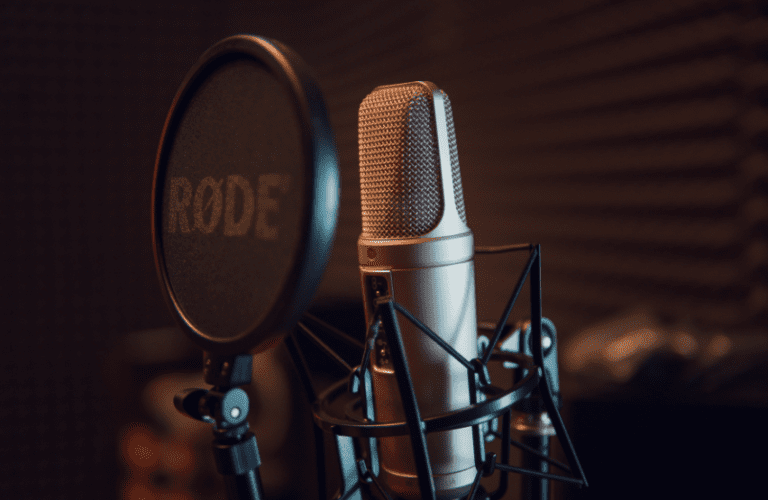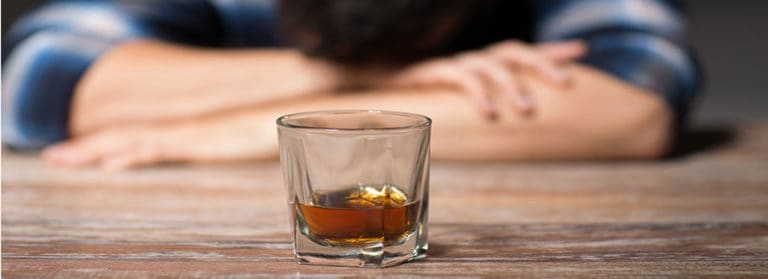Recovering from opioid addiction is no simple task. It’s a process that often involves intense therapy and support groups as well as lifestyle changes. You might find that one type of therapy works better for you than another. There are several different types of therapy to explore when it comes to battling an opioid addiction. In this article, we’ll go over some of the most common types and what they offer those who are fighting opioid addiction. Which one is right for you? Read on to find out

1. Cognitive Behavioral Therapy (CBT)
Cognitive Behavioral Therapy is a common and effective form of therapy used to treat a variety of mental health disorders. CBT is often used as a form of therapy to overcome opioid abuse and dependence as it helps you to understand and change negative thought patterns that can lead to addiction. It’s a form of therapy that’s collaborative and allows the patients to actively participate in their own recovery.
It is a treatment that’s widely available and can be delivered in a variety of settings, including online. CBT is an effective treatment for opioid addiction because it can help to address and treat the underlying causes for opioid abuse and dependence. Part of CBT for opioid addiction involves learning healthy coping skills and being given other resources and tools to help you stay on track with your recovery.
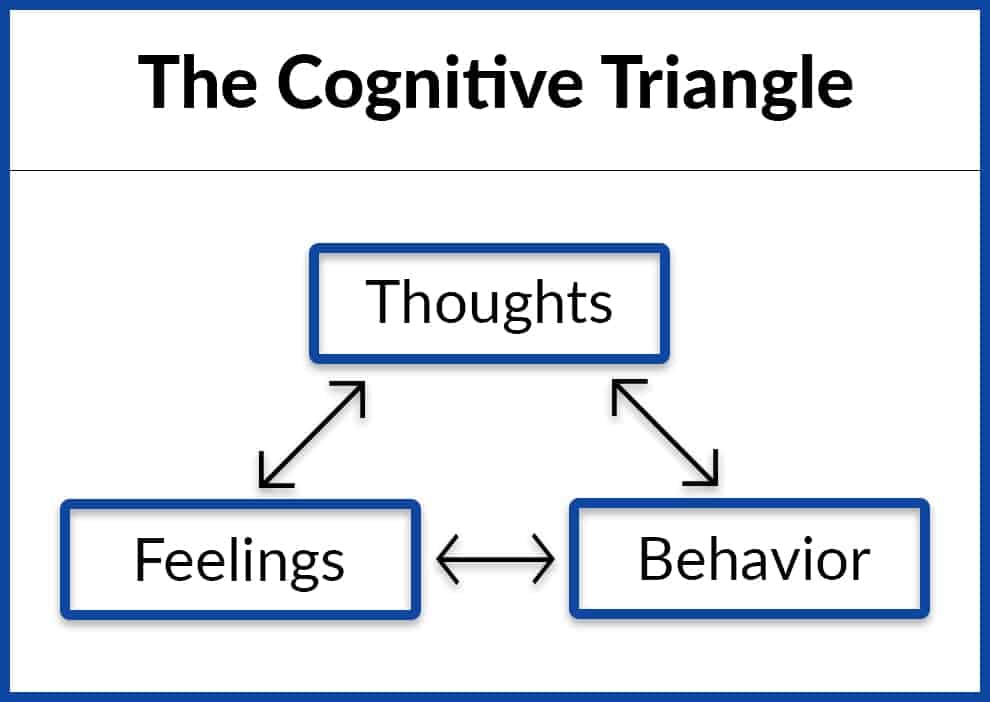
2. Group Therapy
Group therapy is a form of psychotherapy where a group of people meet together with a trained therapist to discuss issues and work towards solutions. When it comes to opioid addiction, group therapy can be used in a few different ways. It can be used to treat those who are currently suffering with opioid addiction as well as those who have already completed a course of treatment and are looking to maintain their sobriety.
Group therapy can be helpful because it allows you to connect with others who are going through similar struggles. You can learn from one another and form important connections that can support you during difficult times. The type of group therapy that’s used to treat opioid addiction will vary from person to person. You can expect to discuss topics like triggers, overcoming negative emotions, and positive self-talk as well as many other topics.

3. Medication Assisted Treatment
One of the most common types of therapy for opioid addiction is medication-assisted treatment. This type of therapy uses medications to help to fight cravings and withdrawal symptoms. Medication-assisted treatment often includes the use of prescription drugs like Methadone, Suboxone, or Naltrexone. These drugs can help to reduce cravings and manage withdrawal symptoms.
There are several different types of medication-assisted treatments. Depending on your situation, you may benefit from one type over the other. It’s important to work with a medical professional to determine which type of therapy is right for you. Methadone is the oldest form of medication-assisted treatment. It’s used to treat opioid addiction by replacing and blocking the effects of opioids in the body.

4. 12 Step Programs
A common type of therapy that’s used to treat opioid addiction is 12 step programs. These programs are often used to treat a number of different addictions, including opioid addiction. They are most commonly associated with Alcoholics Anonymous, but there are a variety of other programs that operate using the 12 step model. These programs are based on the idea that you have to “let go and let God.” They encourage you to surrender your addiction to a higher power, putting your trust and faith in something greater than yourself.

5. Integrative Therapy
As the name suggests, integrative therapy is therapy that combines different types of therapies together. It can be used to treat a number of issues, including opioid addiction. One type of integrative therapy that can be helpful when treating opioid addiction is acupuncture therapy.
Acupuncture therapy can help to relieve pain, reduce anxiety and stress, and help with insomnia. Acupuncture therapy can be helpful for those who are in recovery from opioid addiction. It can help to reduce cravings and ease the pains of withdrawal. It can also be helpful for those who are currently taking medication-assisted treatment.

6. Creative Arts Therapy
If you’re someone who is creative, you may benefit from creative arts therapy. This form of therapy uses art as a way to process emotions and work through issues. It can be used to explore and address a number of different issues, including opioid addiction. CAT is not used to treat a diagnosed mental health condition.
It is used to explore what’s going on in your life and how you’re feeling. It can be beneficial because it allows you to express yourself in a way that might not be possible through words alone. Like with any form of therapy, it’s important to work with a trained and experienced professional who can help you to get the most out of the process.

7. Human-Animal Interaction
Human- Animal Interaction (or HAI) therapy is a fairly new field that uses animals in a therapeutic setting. You might have heard it referred to by another name; as it’s also called pet therapy. HAI therapy is used to treat a variety of different issues, including opioid addiction. HAI therapy can help you to address a number of different issues in your life including feelings of stress, anxiety, and depression.
It can also be helpful in providing a sense of connection and comfort. HAI therapy uses animals in various settings to help people work through their issues. Sometimes it’s one-on-one, and other times it’s in a group setting. The animals can be in the same room as patients or in a different room.
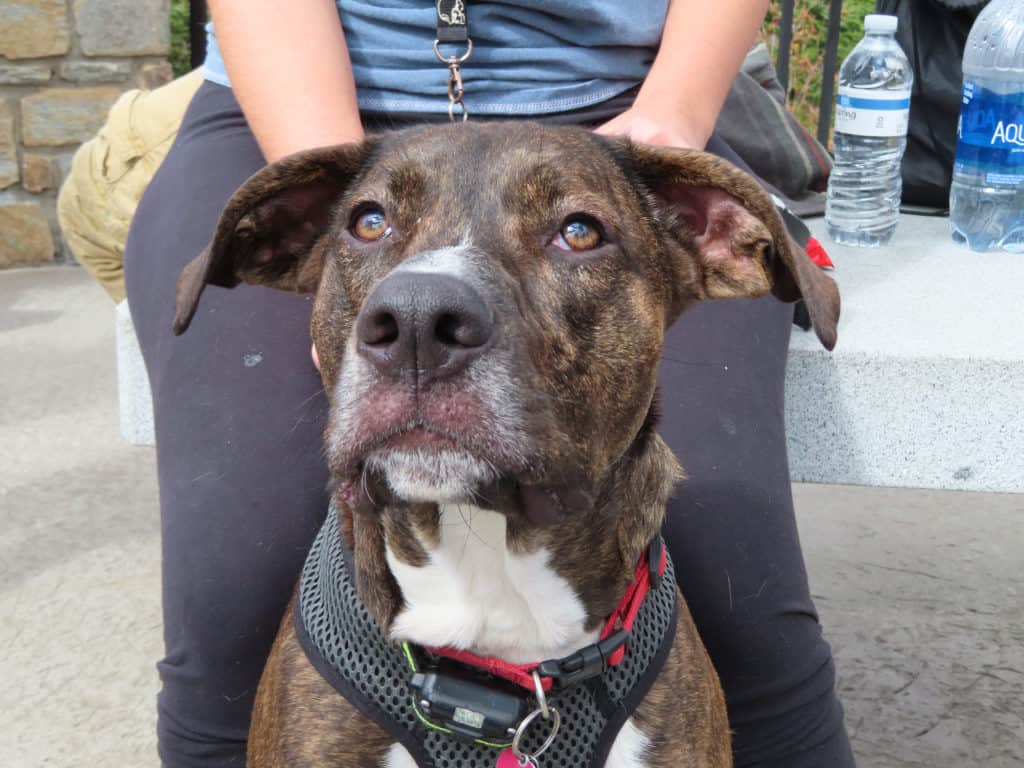
Conclusion
When you’re suffering from an opioid addiction, it can feel like there’s no way out. You may be feeling hopeless and like there’s no light at the end of the tunnel. The good news is that there are many different types of therapies that can help you to get through your addiction.
The different types of therapy for opioid addiction can be beneficial because they allow you to explore what’s causing your addiction and what triggers your cravings. It also gives you a chance to work on the underlying factors that contribute to your addiction. Whether you go to in-person therapy sessions or do online therapy, you’ll be able to get the help you need to overcome your addiction.
Fortunately, there are ways to prevent unhealthy behaviors and help those who are already struggling. If you or someone you know is struggling with addiction or mental health, it is important to get treatment. At Asheville Recovery Center treatment specialists utilize a 12-step program and practice holistic rehabilitation.
Services at the center include:
Partial Hospitalization Program – At Asheville Recovery Center we offer a partial hospitalization program for clients who need post-residential treatment as well as for clients who need primary treatment but are unable to enroll in inpatient programs. Our PHP track offers a variety of therapeutic services and benefits to individuals in early recovery from substance addiction.
Outpatient Rehabilitation – During intensive outpatient treatment (IOP), clients live at home or in a sober living residence while completing an addiction treatment program. IOP is a place where clients can process their experiences in twelve-step fellowships and support one another in those individual journeys.
Addiction is difficult to overcome alone. If you feel that you or a loved one is struggling, our specialists are on standby and ready to help. Call and speak with an addiction expert today.


